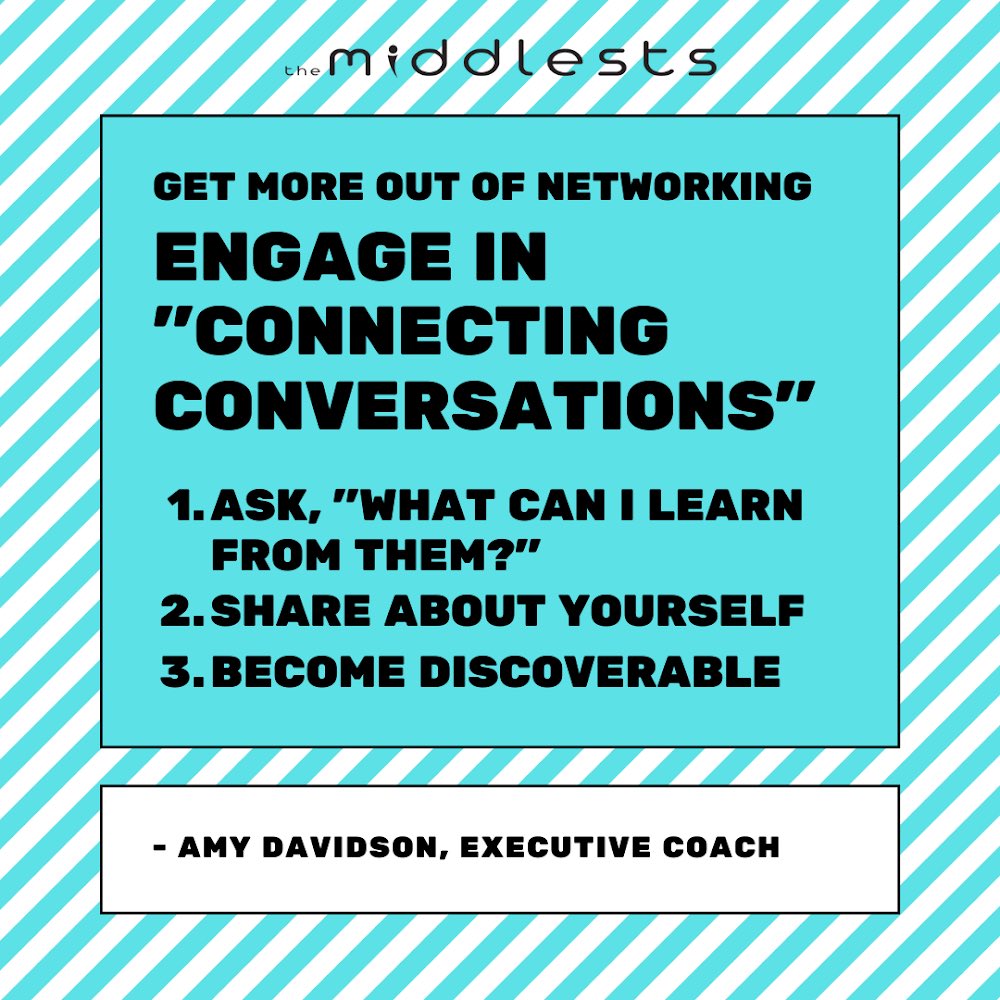As of late, a variation of the following message has dominated my LinkedIn feed, “If you’ve recently been laid off and we’ve worked together in the past, please feel free to get in touch and let me know how I can help you.”
Perhaps you have seen it?
From Facebook to Twitter, online communities are opening up their networks to help one of the nearly 40 million unemployed in the U.S. This type of outreach is equally meaningful to those seeking help and those providing it. Specifically, the intense emotions brought on by the pandemic are being channeled into connecting or reconnecting with others.
Historian Rutger Bregman notes ‘Acts of Kindness Are Really Contagious,’ adding that,
“People are willing to help…That is the bigger picture that we’re seeing right now…This may sound a bit cheesy, but there’s actually a lot of psychological research that shows that acts of kindness are really contagious. They really spread throughout a social network, even influencing people who you don’t know, who you haven’t seen.”
In my own experience, emails I receive are often too direct, without acknowledging the changed landscape and circumstances (e.g. working from home). On the flipside, as the oldest of my siblings, asking for help is not second nature to me but I relish knowing how people are and what they’re doing. As a result, I have developed a style of “connecting” online that’s fulfilling to me.
While not all communications during this time relate to job searches, the notion of “Career Connections for Coping,” is one we explored through a three part series for The Middlests podcast.
In part one of the series we homed in on how to adapt your “networking” style given the global pandemic and stress. Career coach, Amy Davidson (Partners International) shared a three pronged approach for how to engage with intention during this time of crisis.

Whether you receive a notification from someone you haven’t heard from in a while, or you find yourself reaching out to others, it’s an ideal moment to determine how you can truly engage with each friend, colleague or business contact.
If you’re interested in learning more, including the expanded strategies and examples of what to do, you can listen below.


